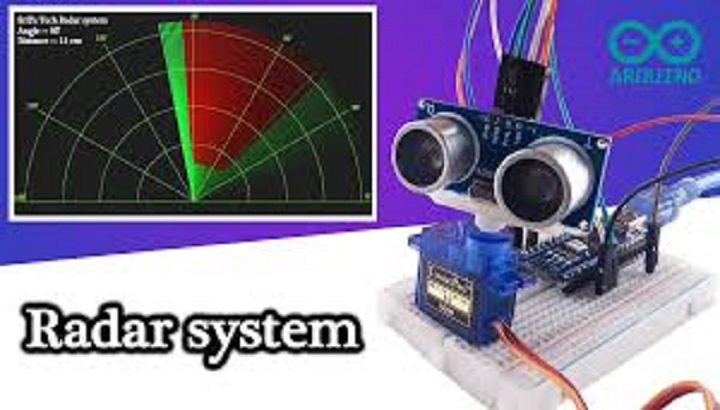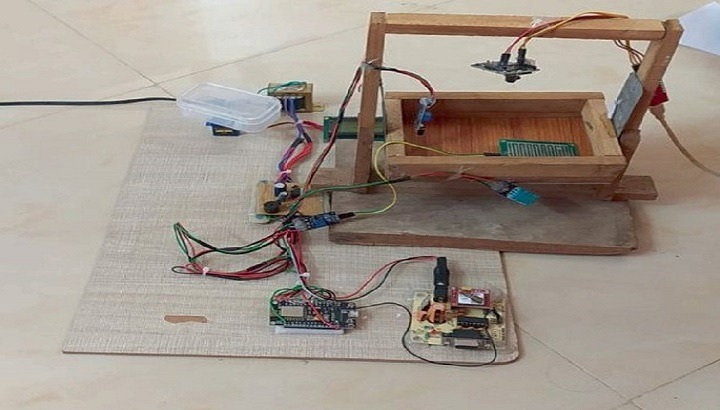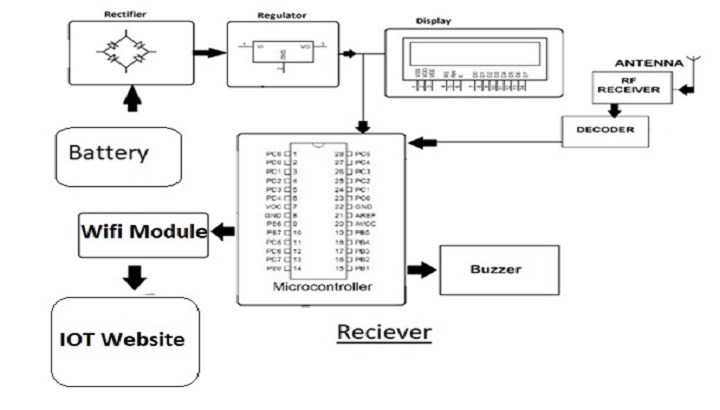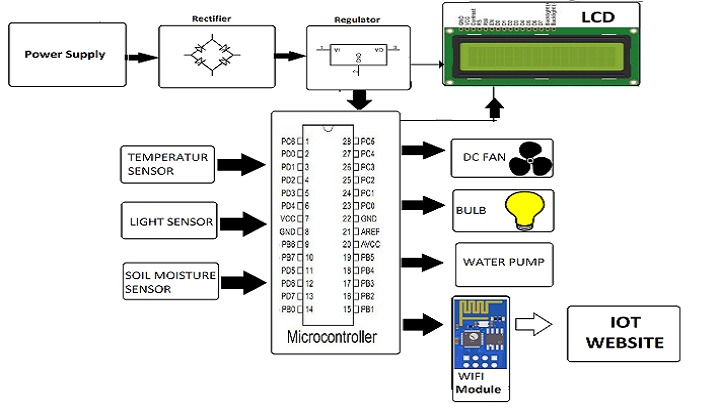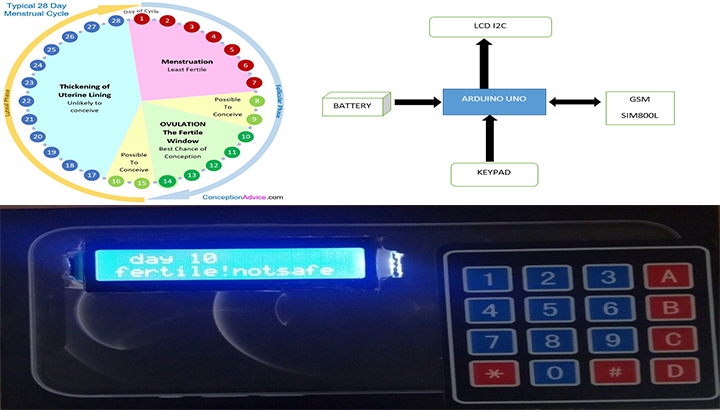Autonomous Solar-Powered Robotic Grass Cutter
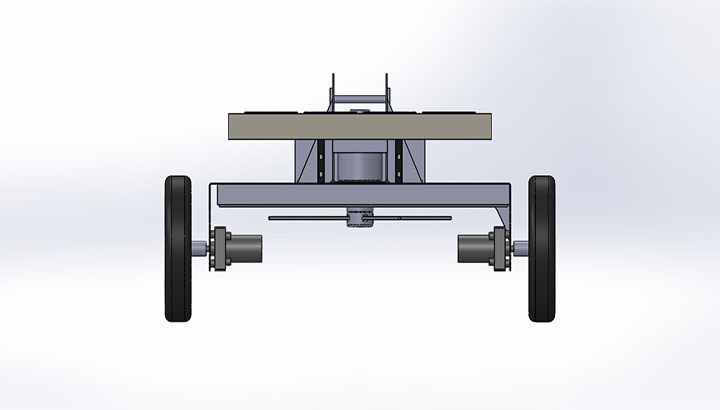
Personal lawns, public parks, and gardens are major recreational spaces but require significant maintenance to remain operational. The primary maintenance tasks are grass cutting and weed removal, which demand substantial time and effort. Traditional lawn mowers and motorized cutters require human operation and rely on either fuel or electric charging, incurring ongoing costs and effort.
To address these challenges, we propose an automated robotic grass cutter that can autonomously maintain lawns and gardens. This robot eliminates the need for human intervention and is powered by solar energy, thus avoiding the recurring costs associated with fuel or electric charging.
Benefits of the Solar Grass Cutter Robot:
- Efficient grass cutting with a high-powered motor.
- Adjustable head to set the grass cutting height.
- Durable body, wheels, and drive motors for off-road navigation.
- Autonomous operation with obstacle avoidance using ultrasonic sensors.
- Motorized drive using DC motors.
- Solar-powered for self-charging.
The robotic vehicle features a set of geared motors with wheels, a metal robotic frame, ultrasonic sensors, controller circuitry, a battery, and a solar panel. The control circuitry and ultrasonic sensors facilitate easy navigation through gardens and lawns. The vehicle is equipped with four geared motors to provide the necessary torque for movement, and four large rubber wheels to prevent getting stuck in grass and weeds.
The body is constructed from a mild steel chassis with four drive motors mounted below. A central hole in the frame accommodates the grass cutter motor. This high-torque, high-speed motor drives the cutting tool attached to its shaft, enabling efficient grass cutting. The cutter motor mount allows users to adjust the cutting height by loosening a screw, thereby setting the desired grass length.
All motors are powered by a battery that is automatically charged via a solar panel mounted on the robotic frame. This setup creates a smart, automated, and eco-friendly solar-powered grass cutter system.
Related project idea for free
Arduino-Powered Proximity Sensing Radar
This project aims to develop a simple radar system using Arduino, incorporating a variety of electronic components including an ultrasonic sensor, buzzer, LED, LCD display, and a servo motor. The primary objective is to detect objects within a defined range and provide visual and auditory alerts. <...
Read more>>Smart Cradle System Project - IOT-Based project
The Smart Cradle System is designed to enhance the care and monitoring of infants through automation and real-time monitoring. This system integrates various sensors and microcontroller-based circuitry to provide a safe and comfortable environment for the baby. It includes features such as automated...
Read more>>IoT Based Health Care System for Paralysis Patients
The IoT-based health care system for paralysis patients is designed to enable patients to communicate various messages to doctors, nurses, or their loved ones remotely over the internet. This system utilizes a microcontroller-based circuitry to facilitate its functionality. It incorporates a hand mo...
Read more>>IOT Project for Greenhouse Monitoring and Control System
A greenhouse is an environment where plants, such as flowers and vegetables, are cultivated. It utilizes solar radiation to warm the interior, including the plants, soil, and structure, thereby protecting crops from various diseases, particularly soil-borne pathogens and those spread by rain splash....
Read more>>Smart women menstrual cycle IOT device
In Rwanda, the teenage pregnancy rates have increased from 6.1% in 2010 to 7.3% in 2015 (RDHS 2015). Furthermore, 49.6% of teen mothers had their first pregnancy between the ages of 12 and 17. Unintended pregnancy often leads to unplanned births. Some 37% of births in Rwanda each year are unplannedâ...
Read more>>
